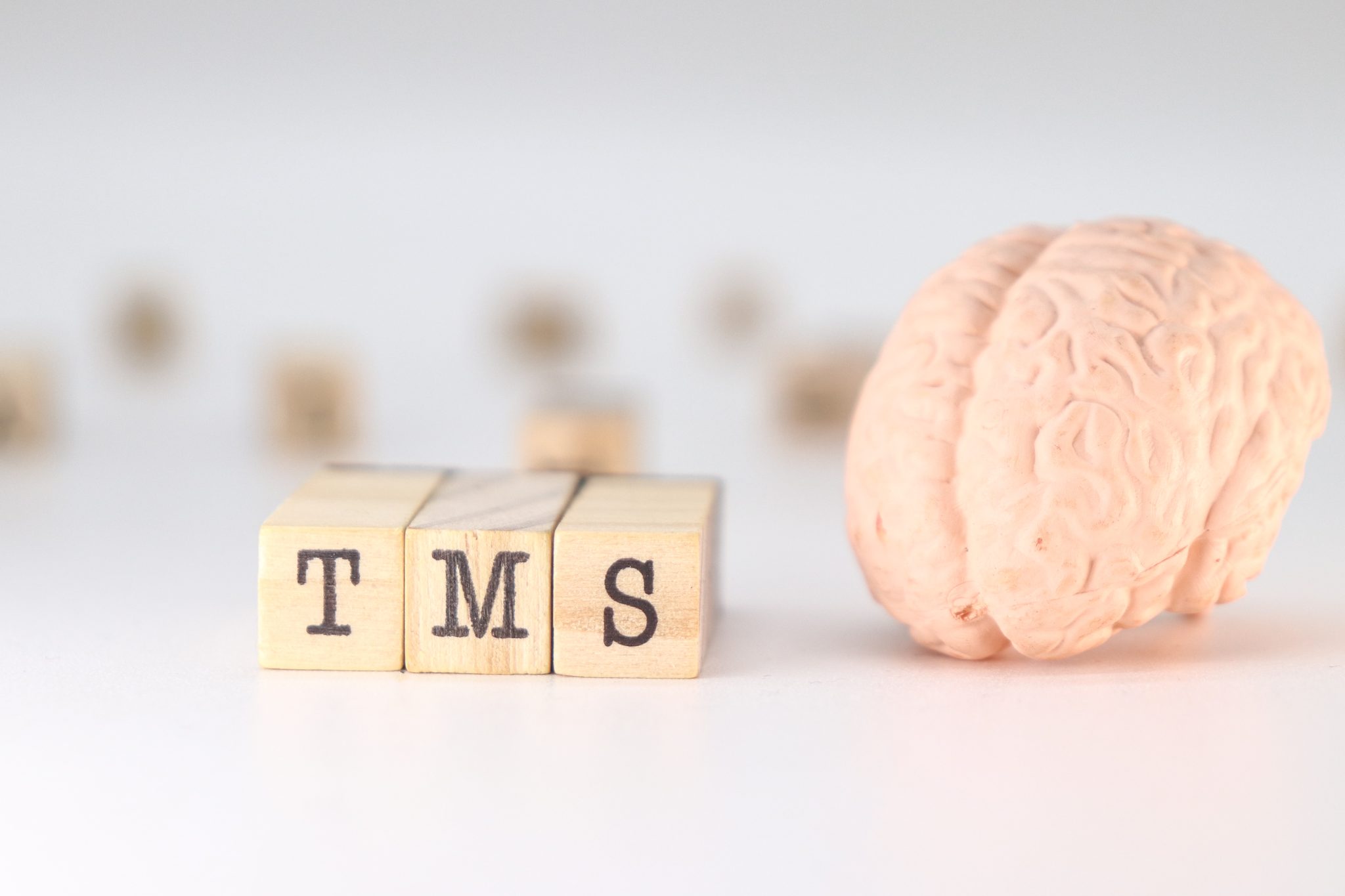Traumatic brain injury (TBI) can result in a constellation of debilitating symptoms, impacting cognitive, emotional, and physical functioning. Traditional treatment approaches often involve a combination of rehabilitation therapies and pharmacotherapy, but many individuals continue to experience persistent deficits. In recent years, transcranial magnetic stimulation (TMS) has emerged as a potential therapeutic intervention for TBI, offering a non-invasive method to modulate brain activity and promote recovery. As a PMHNP-BC, I’ve been following the research closely, and I’d like to share some insights on this promising treatment modality.
Understanding TBI and its Impact
TBI occurs when an external force disrupts normal brain function. The consequences of TBI can vary widely, depending on the severity and location of the injury. Common symptoms include:
- Cognitive impairments: Memory problems, difficulty concentrating, impaired executive function.
- Emotional disturbances: Depression, anxiety, irritability, and post-traumatic stress disorder (PTSD).
- Physical deficits: Headaches, sleep disturbances, motor impairments, and sensory changes.
These symptoms can significantly impact an individual’s quality of life, making it crucial to explore effective treatment options.
The Role of TMS in Neuromodulation
TMS is a non-invasive brain stimulation technique that uses magnetic fields to modulate cortical excitability. A coil placed on the scalp generates magnetic pulses that induce electrical currents in targeted brain regions. This can either increase or decrease neuronal activity, depending on the stimulation parameters.
The potential of TMS in TBI recovery stems from its ability to:
- Promote neuroplasticity: TMS can enhance the brain’s ability to reorganize and form new neural connections, which is essential for recovery after injury.
- Modulate neurotransmitter function: TMS can influence the release of neurotransmitters, such as dopamine and serotonin, which play a crucial role in mood regulation and cognitive function.
- Target specific brain regions: TMS allows for precise targeting of brain areas affected by TBI, enabling tailored treatment approaches.
Recent Research and Findings
Numerous studies have investigated the efficacy of TMS in treating TBI-related symptoms. Here are some key findings:
- Cognitive Improvement:
- Research has shown that TMS can improve cognitive functions, such as memory, attention, and executive function, in individuals with TBI. Studies are continuing to refine the optimal TMS parameters and target regions for cognitive enhancement.
- Research indicates that TMS can improve cognitive functions, specifically in areas related to attention and memory performance, compared to control groups. (Information from: SEAL Future Foundation)
- Emotional Regulation:
- TMS has demonstrated efficacy in reducing symptoms of depression and anxiety in TBI patients. This is particularly significant, as these emotional disturbances are common and can significantly hinder recovery.
- TMS has shown promise in enhancing quality of life and reducing the severity of depression and anxiety symptoms commonly associated with TBI. (Information from: SEAL Future Foundation)
- Motor Recovery:
- TMS can facilitate motor recovery by stimulating brain regions involved in motor control. This can be beneficial for individuals with TBI who experience motor impairments.
- Personalized Treatment:
- One of the exciting aspects of TMS is its potential for personalization. Since brain injuries vary significantly from person to person, TMS treatment can be tailored to target specific areas of the brain affected by the injury. (Information from: braininjurycenter.org)
- Advanced TMS Techniques:
- The use of DTI-neuronavigated TMS allows for more precise targeting of affected brain areas, potentially leading to improved treatment outcomes.
- fMRI-Guided TMS Therapy is one such advanced option for addressing potential complications arising from repetitive injuries or severe brain trauma. (Information from: neurotherapeutixnyc.com)
Clinical Considerations and the PMHNP-BC’s Role
As a PMHNP-BC, I recognize the importance of a comprehensive assessment and individualized treatment planning for individuals with TBI. When considering TMS as a treatment option, several factors should be taken into account:
- Patient selection: Careful assessment of the patient’s medical history, current symptoms, and treatment goals is essential.
- Safety considerations: TMS is generally considered safe, but contraindications include the presence of metallic implants in the head or a history of seizures.
- Treatment parameters: The frequency, intensity, and duration of TMS sessions should be tailored to the individual’s needs.
- Integration with other therapies: TMS can be used in conjunction with other rehabilitation therapies, such as cognitive rehabilitation and physical therapy.
- Monitoring and follow-up: Regular monitoring of symptoms and treatment response is crucial to optimize outcomes.
PMHNP-BC’s play a vital role in:
- Conducting thorough psychiatric assessments.
- Identifying and managing comorbid psychiatric conditions.
- Collaborating with neurologists and other healthcare professionals.
- Providing patient education and support.
- Monitoring for medication interactions, and side effects.
The Future of TMS in TBI Treatment
The field of TMS research is rapidly evolving, with ongoing studies exploring new applications and optimizing treatment protocols. Future directions include:
- Investigating the long-term effects of TMS on TBI recovery.
- Developing personalized TMS protocols based on individual brain imaging and neurophysiological data.
- Exploring the use of TMS in combination with other neuromodulation techniques.
Conclusion
TMS holds significant promise as a therapeutic intervention for TBI, offering a non-invasive and targeted approach to promote recovery. As research continues to advance, TMS may become an integral part of the rehabilitation process, providing hope for individuals with TBI and their families.
References
- TMS Therapy for Traumatic Brain Injury – Neurotherapeutix NYC. (n.d.). Retrieved from: https://neurotherapeutixnyc.com/conditions/traumatic-brain-injury/
- TMS Treatment for Traumatic Brain Injury (TBI) – Texas Brain Institute. (n.d.). Retrieved from: https://www.tbi.clinic/treatment-tbi/
- Transcranial Magnetic Stimulation (TMS) in Brain Injury Recovery Posted on August 12, 2024. (2024, August 12). Retrieved from: https://www.braininjurycenter.org/blog/?article=268
- Transcranial Magnetic Stimulation (TMS) – SEAL Future Foundation. (n.d.). Retrieved from: https://sealff.org/resource/transcranial-magnetic-stimulation-tms-tbi/
Read other related articles:



